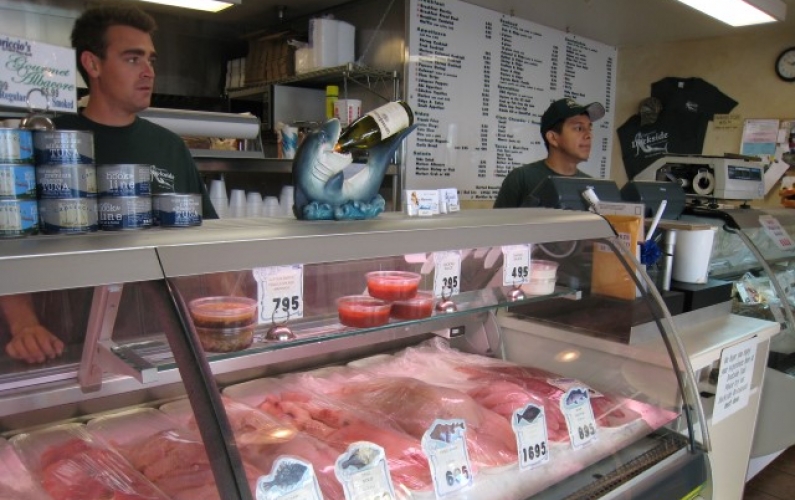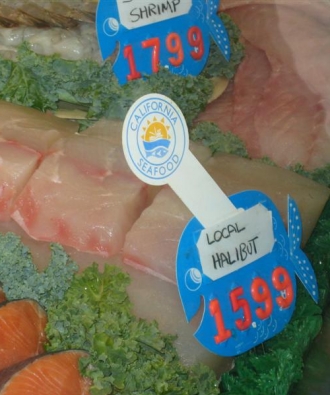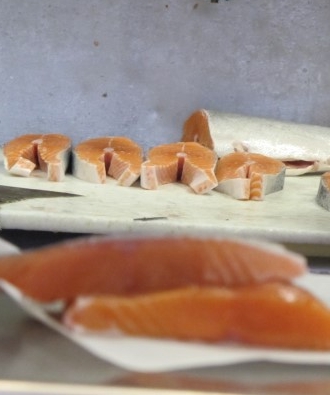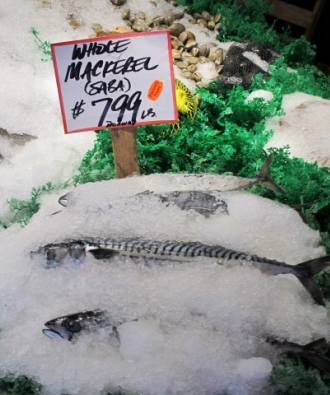
Restaurant and retail market sales entail fishermen selling their catch directly to restaurants and/or retail markets who in turn prepare it and sell it to the consumer. This shortens the supply chain, as fishermen do not use a third party (traditional buyer, processor, or distributor) to supply these markets. Fishermen typically must deliver the product, and may need to do some cutting (portioning) and packaging beforehand, requiring compliance with HACCP regulations. Increasingly, these customers are interested in offering safe, high quality local products and knowing the story behind the catch, something fishermen can provide.
To evaluate whether this type of alternative market is an option for you, explore the benefits and challenges (in addition to those on the Considerations page), key questions, tips and resources in the boxes below.


